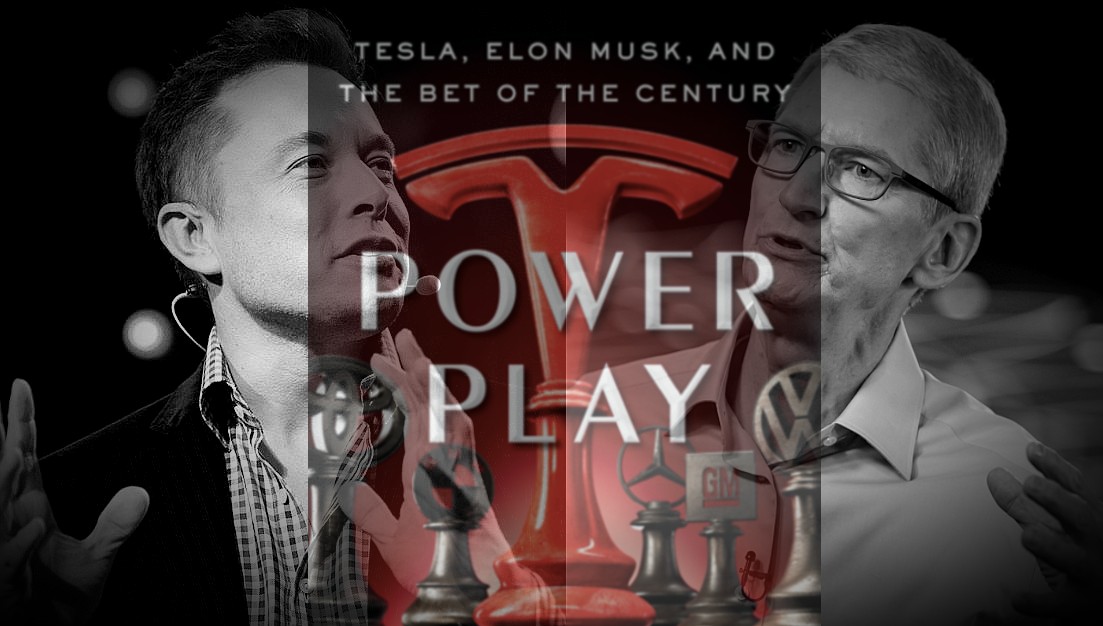
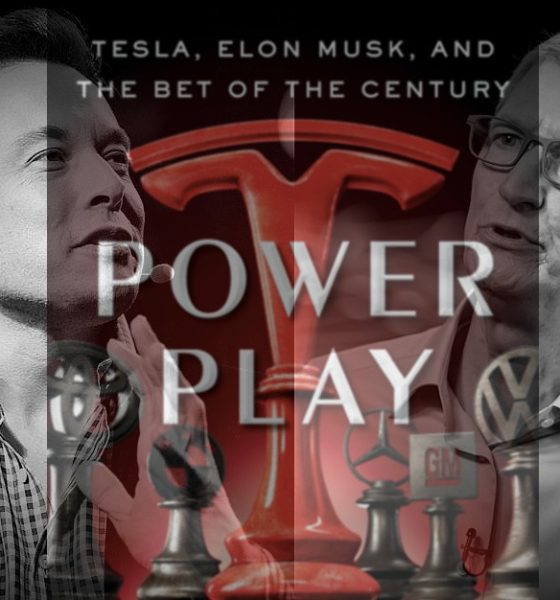
News
Tesla Power Play: Why running a contested Elon Musk narrative is playing with fire
Award-winning journalist Tim Higgins‘ book, “Power Play: Tesla, Elon Musk, and the Bet of the Century,” is among the most recent explorations into the fascinating character of Elon Musk. But unlike other works such as the still-definitive biography from writer Ashley Vance, Higgins’ book chronicled Tesla’s story during the Model X and Model 3 ramp (among others), periods that Musk himself admitted were among the most challenging times of his professional life.
Filled with stories from numerous sources and spanning Tesla’s history from its early days to last year’s pandemic, Power Play painted a picture of how an incredibly determined Elon Musk practically willed Tesla into being, and how his ego and pettiness caused the company to pay the price more than once. This was a point that moderate Tesla critics would argue: Tesla is a success today not because of its CEO, but in spite of Elon Musk.
After all, as the book noted in its Prologue, Musk may be a very public figure, but there is still a question surrounding him. “Is Elon Musk an underdog, an antihero, a con man, or some combination of the three?” Higgins noted in the book.
A Strong Story with Strong Denials
A book written about Tesla’s most turbulent years is bound to have some controversial elements. And in Power Play, few excerpts would be as controversial as a supposed call between Tesla CEO Elon Musk and Apple CEO Tim Cook in 2016. At the time, Tesla was in dire financial straits as it attempted to produce the Model 3 and master the Model X’s production. According to the book, Tim Cook then had an idea: Perhaps it would be a good idea to buy Tesla. Musk reportedly proved interested, but on one condition: he stays on as CEO.
Cook thought the condition was reasonable. After all, when Apple bought Beats in 2014, it decided to keep the company’s original founders. Musk, however, supposedly clarified his request, stating that he’d have to be the CEO of Apple. Gobsmacked at the request, Cook reportedly gave Musk a solid “F*ck you” before hanging up the phone.
The anecdote was shocking enough, and it prompted quite a lot of coverage from the mainstream media, several of whom argued that the story was believable. This was despite the story being denied by both Musk and Cook. Last year, Musk remarked on Twitter that he did try to arrange a meeting with the Apple CEO during the Model 3’s most painful days, but Cook declined the meeting. Cook, on the other hand, clearly told The New York Times‘ Kara Swisher during an appearance at the Sway podcast that he’d never spoken to the Tesla CEO.
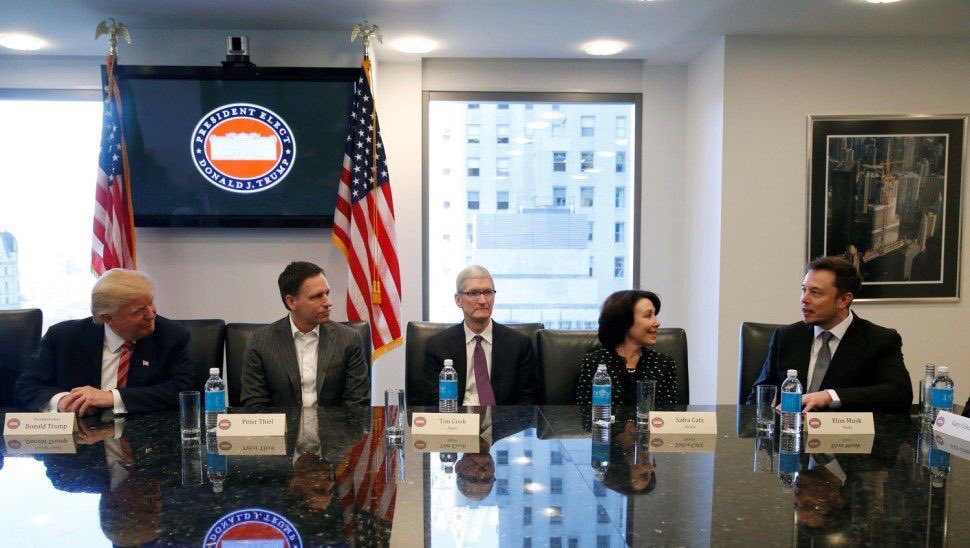
Power Play did mention that Cook denied the anecdote presented in the book, though it did not include Musk’s comments about him and the Apple CEO never speaking with each other. The book mentioned, however, that while the two executives claimed to have never spoken to each other, Musk and Cook have been photographed sitting close together at a meeting held by former US President Donald Trump in 2016.
A Compelling Narrative for a Compelling Character
In a Twitter post, Higgins stated that the tale of Musk and Cook’s phone conversation was a story told inside Tesla, and its details were related by individuals who heard it. That being said, it is still quite interesting to see that the anecdote made it to Power Play despite solid denials from both Cook and Musk. The book was published August 2021, after all, and Cook’s comments in the Sway podcast were published on April 2021. Musk’s statements about never meeting Cook, despite relating to a different time in Tesla’s history, were made even earlier in December 2020.
It should be noted that Power Play is, at its core, a nonfiction book that aims to provide a nonfictional account of some of Tesla’s most challenging times. This is why, at least to some degree, a story denied by both participants like the supposed Musk-Cook conversation seems far too risky. A nonfiction writing coach contacted by Teslarati noted that an author would typically be hard-pressed to find a more reliable source than the actual participants of an event.
That being said, the anecdote does help establish the character of Elon Musk in the book as someone egoistic enough that he would make an obviously unreasonable demand on Tim Cook at a time when Tesla desperately needed Apple’s help. There is no doubt that the image of Tim Cook, who is known for always being soft-spoken and well-mannered, giving Elon Musk a sharp “F*ck you” on the phone definitely makes for a compelling narrative.
Dr. John Cook, founder of Skeptical Science and a specialist on false news, noted in a statement to Teslarati that stories such as the two CEOs’ supposed conversation could easily become an inspiration for conspiracy theories, or at least confirm people’s preconceptions of individuals in power. The Skeptical Science founder noted that when people encounter new information that confirms their own preconceptions, there is simply a high likelihood that they would believe it, even if the anecdote’s turthfulness is contested.
“When you have powerful people involved in misinformation, that’s ground for conspiracy theories. So having people like Elon Musk and Tim Cook — inevitably, people get suspicious of people in positions of power, and that’s a very human and natural bias called intentionality bias. We tend to ascribe motives and intent behind what can even be random events. And that’s especially the case when you have powerful people,” Dr. Cook said.
The Burden of Truth
Nonfiction writers have a huge burden on their shoulders, as the stories they tell serve the purpose of relating a truthful recounting of real-life events. As such, it is pretty common practice for books in the genre not to include stories that don’t have corroborating evidence. Otherwise, a nonfiction author might end up countering the nonfiction values of truth and honesty.
Emma Frances Bloomfield, Assistant Professor of Communication Studies at the University of Nevada, Las Vegas, told Teslarati that the burden of proof ultimately rests on the author in cases like the Musk-Cook phone call. And if an author does decide to push through with a story denied by the people involved, then the anecdote would be best presented as a contested account so that readers could decide for themselves. Power Play did this to a point for Cook’s side with its note about the Apple CEO’s denial, but the book did not mention Musk’s comments on Twitter at all.
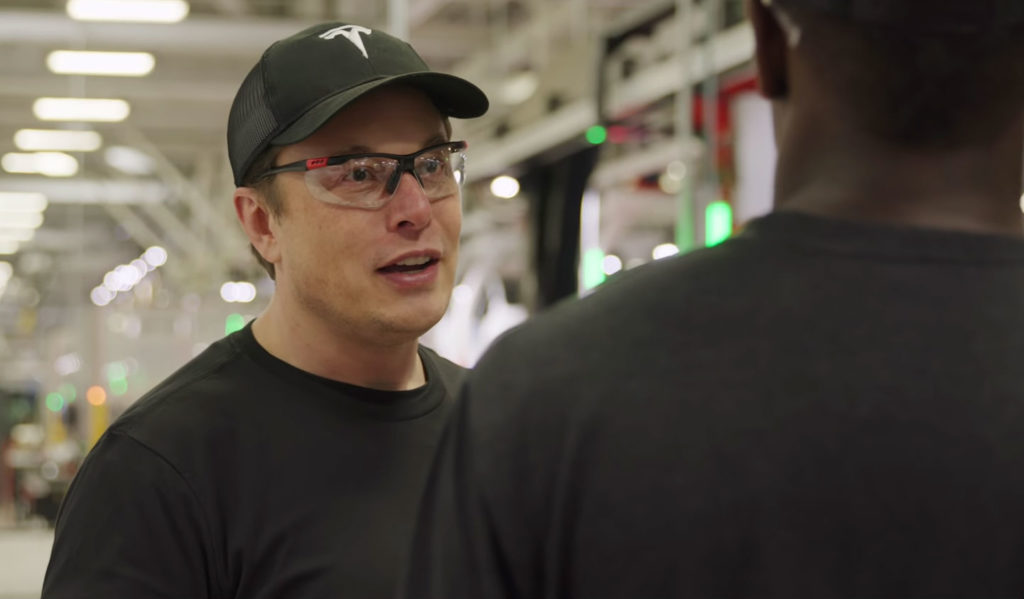
“If a story is presented as being truthful and accurate (such as in a nonfiction book), the storyteller has a burden of proof to verify the story or provide evidence of its truthfulness, which is hard to do when the people the story is about are denying it. If the author has some external reason to believe it still happened, then it could certainly be told, but with the caveat that the people in question dispute it.
“We don’t, of course, want to promote falsehoods and inaccuracies, so making it clear how much evidence there is for certain occurrences is crucial. Because this book is under ‘nonfiction’ as opposed to historical fiction, I would expect that there is a minimum truth quality to all of the work therein. In other words, the author must have a compelling reason to believe the conversation took place even though Musk and Cook dispute it,” she wrote.
Playing with Fire
There is some irony in the idea that by publishing the contested story of Musk and Cook’s supposed conversation, Higgins ended up playing with fire himself, much like the character depicting the Tesla CEO in Power Play. Pushing through with a contested narrative carries some risk, and not just in terms of social media clout. In a message to Teslarati, Jonathan Crafts, a partner at Fields & Dennis LLP, Wellesley, MA, stated that both the author and publisher of Power Play might be at risk of legal trouble, at least if either Musk or Cook seeks an injunction against them.
Intellectual Property Litigation Law partner Craig R. Smith of Lando & Anastasi, LLP, Boston, MA, added more insights to the potential risks involved when an author runs with a contested story. Smith noted in a message to Teslarati that overall, authors and publishers of nonfiction are at an increased risk of being sued for defamation due to the nature of their work. “In this situation, either Musk or Cook could allege that the statements made in the book are false and that the false statements harmed his reputation,” Smith said.
Every book has a narrative, regardless of whether it is fiction or nonfiction. Books such as Power Play are character-driven since it focuses on people’s struggles as they attempt what could very well be described as the impossible at the time. And central to the book’s narrative is the polarizing figure of Elon Musk, whose persona both online and offline could be the perfect bait for misinformation and conspiracy theories. And while tales with little truth are definitely questionable, Dr. Cook noted that it is easy to see why people tend to gravitate towards them.
“Conspiracy theories can be compelling because they’re simple stories with compelling characters. A conspiracy theory doesn’t even have to have a relation to the truth at all. But if it’s a simple story with villains, with nefarious intent — that grabs people’s imaginations — and simple stories like that are easier to process and understand than more complicated truths,” Dr. John Cook remarked.
Don’t hesitate to contact us with account tips. Just send a message to tips@teslarati.com to give us a heads up.

News
Tesla confirms that it finally solved its 4680 battery’s dry cathode process
The suggests the company has finally resolved one of the most challenging aspects of its next-generation battery cells.
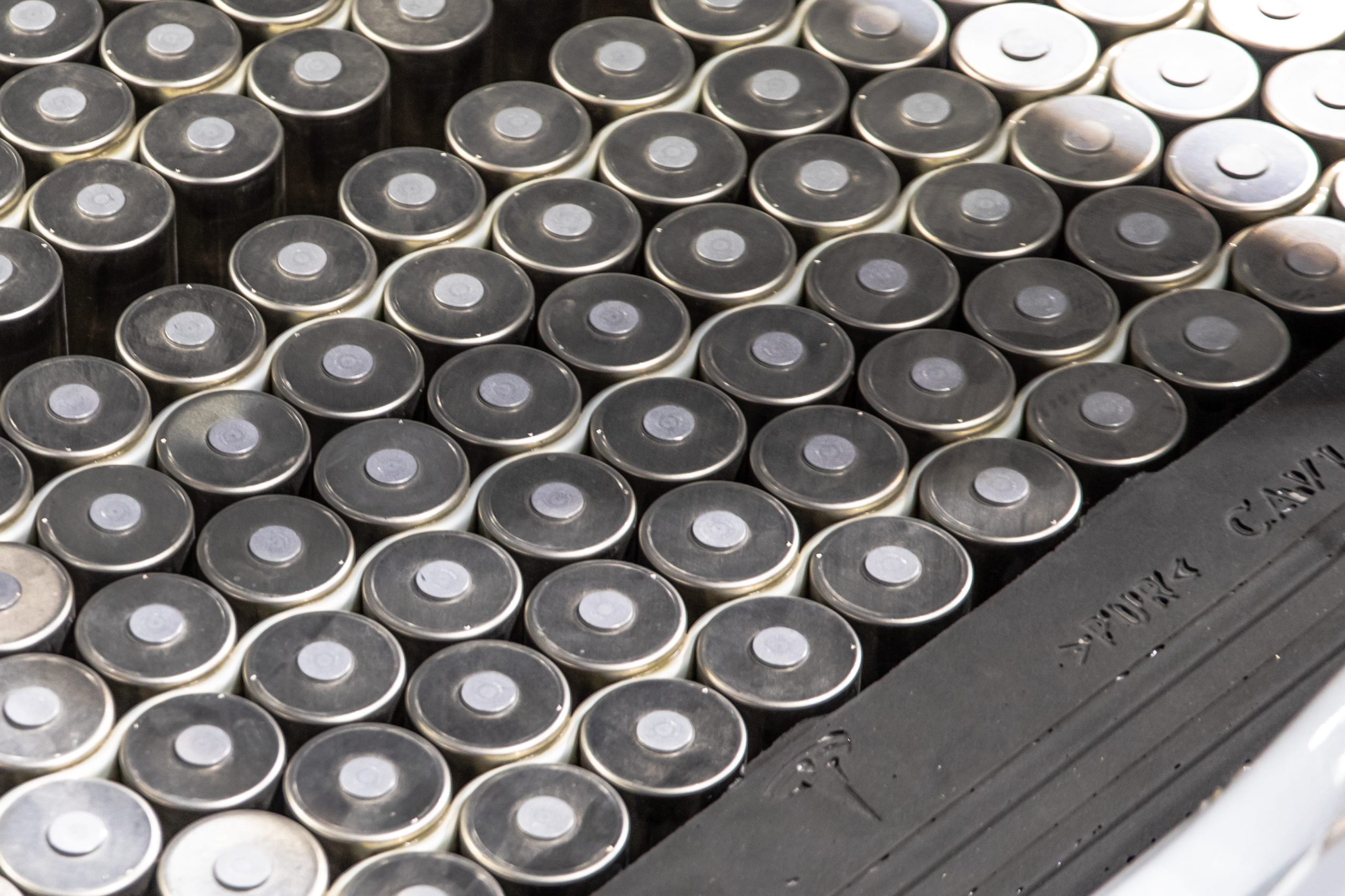
Tesla has confirmed that it is now producing both the anode and cathode of its 4680 battery cells using a dry-electrode process, marking a key breakthrough in a technology the company has been working to industrialize for years.
The update, disclosed in Tesla’s Q4 and FY 2025 update letter, suggests the company has finally resolved one of the most challenging aspects of its next-generation battery cells.
Dry cathode 4680 cells
In its Q4 and FY 2025 update letter, Tesla stated that it is now producing 4680 cells whose anode and cathode were produced during the dry electrode process. The confirmation addresses long-standing questions around whether Tesla could bring its dry cathode process into sustained production.
The disclosure was highlighted on X by Bonne Eggleston, Tesla’s Vice President of 4680 batteries, who wrote that “both electrodes use our dry process.”
Tesla first introduced the dry-electrode concept during its Battery Day presentation in 2020, pitching it as a way to simplify production, reduce factory footprint, lower costs, and improve energy density. While Tesla has been producing 4680 cells for some time, the company had previously relied on more conventional approaches for parts of the process, leading to questions about whether a full dry-electrode process could even be achieved.
4680 packs for Model Y
Tesla also revealed in its Q4 and FY 2025 Update Letter that it has begun producing battery packs for certain Model Y vehicles using its in-house 4680 cells. As per Tesla:
“We have begun to produce battery packs for certain Model Ys with our 4680 cells, unlocking an additional vector of supply to help navigate increasingly complex supply chain challenges caused by trade barriers and tariff risks.”
The timing is notable. With Tesla preparing to wind down Model S and Model X production, the Model Y and Model 3 are expected to account for an even larger share of the company’s vehicle output. Ensuring that the Model Y can be equipped with domestically produced 4680 battery packs gives Tesla greater flexibility to maintain production volumes in the United States, even as global battery supply chains face increasing complexity.
Elon Musk
Tesla Giga Texas to feature massive Optimus V4 production line
This suggests that while the first Optimus line will be set up in the Fremont Factory, the real ramp of Optimus’ production will happen in Giga Texas.
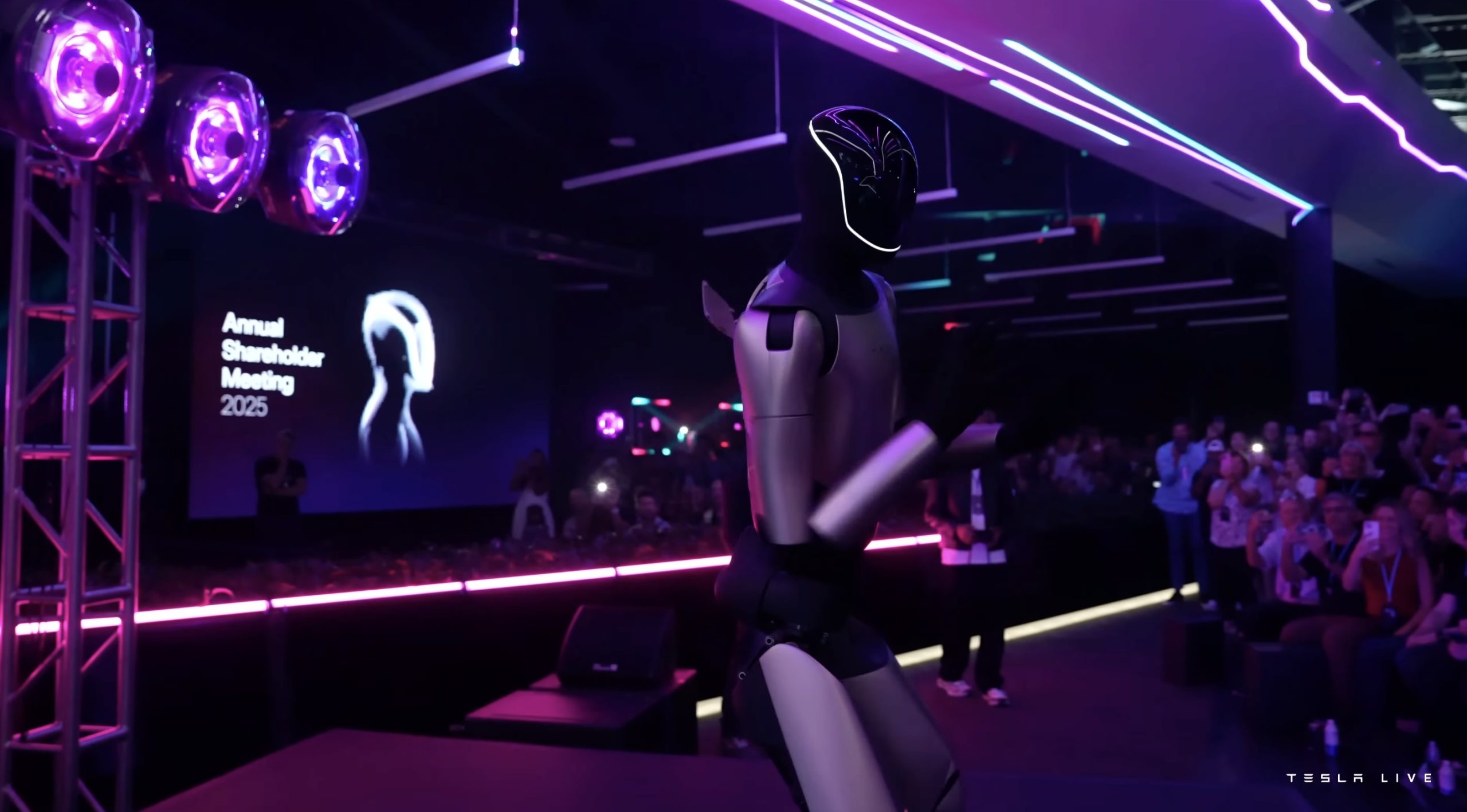
Tesla will build Optimus 4 in Giga Texas, and its production line will be massive. This was, at least, as per recent comments by CEO Elon Musk on social media platform X.
Optimus 4 production
In response to a post on X which expressed surprise that Optimus will be produced in California, Musk stated that “Optimus 4 will be built in Texas at much higher volume.” This suggests that while the first Optimus line will be set up in the Fremont Factory, and while the line itself will be capable of producing 1 million humanoid robots per year, the real ramp of Optimus’ production will happen in Giga Texas.
This was not the first time that Elon Musk shared his plans for Optimus’ production at Gigafactory Texas. During the 2025 Annual Shareholder Meeting, he stated that Giga Texas’ Optimus line will produce 10 million units of the humanoid robot per year. He did not, however, state at the time that Giga Texas would produce Optimus V4.
“So we’re going to launch on the fastest production ramp of any product of any large complex manufactured product ever, starting with building a one-million-unit production line in Fremont. And that’s Line one. And then a ten million unit per year production line here,” Musk stated.
How big Optimus could become
During Tesla’s Q4 and FY 2025 earnings call, Musk offered additional context on the potential of Optimus. While he stated that the ramp of Optimus’ production will be deliberate at first, the humanoid robot itself will have the potential to change the world.
“Optimus really will be a general-purpose robot that can learn by observing human behavior. You can demonstrate a task or verbally describe a task or show it a task. Even show it a video, it will be able to do that task. It’s going to be a very capable robot. I think long-term Optimus will have a very significant impact on the US GDP.
“It will actually move the needle on US GDP significantly. In conclusion, there are still many who doubt our ambitions for creating amazing abundance. We are confident it can be done, and we are making the right moves technologically to ensure that it does. Tesla, Inc. has never been a company to shy away from solving the hardest problems,” Musk stated.
Elon Musk
Rumored SpaceX-xAI merger gets apparent confirmation from Elon Musk
The comment follows reports that the rocket maker is weighing a transaction that could further consolidate Musk’s space and AI ventures.
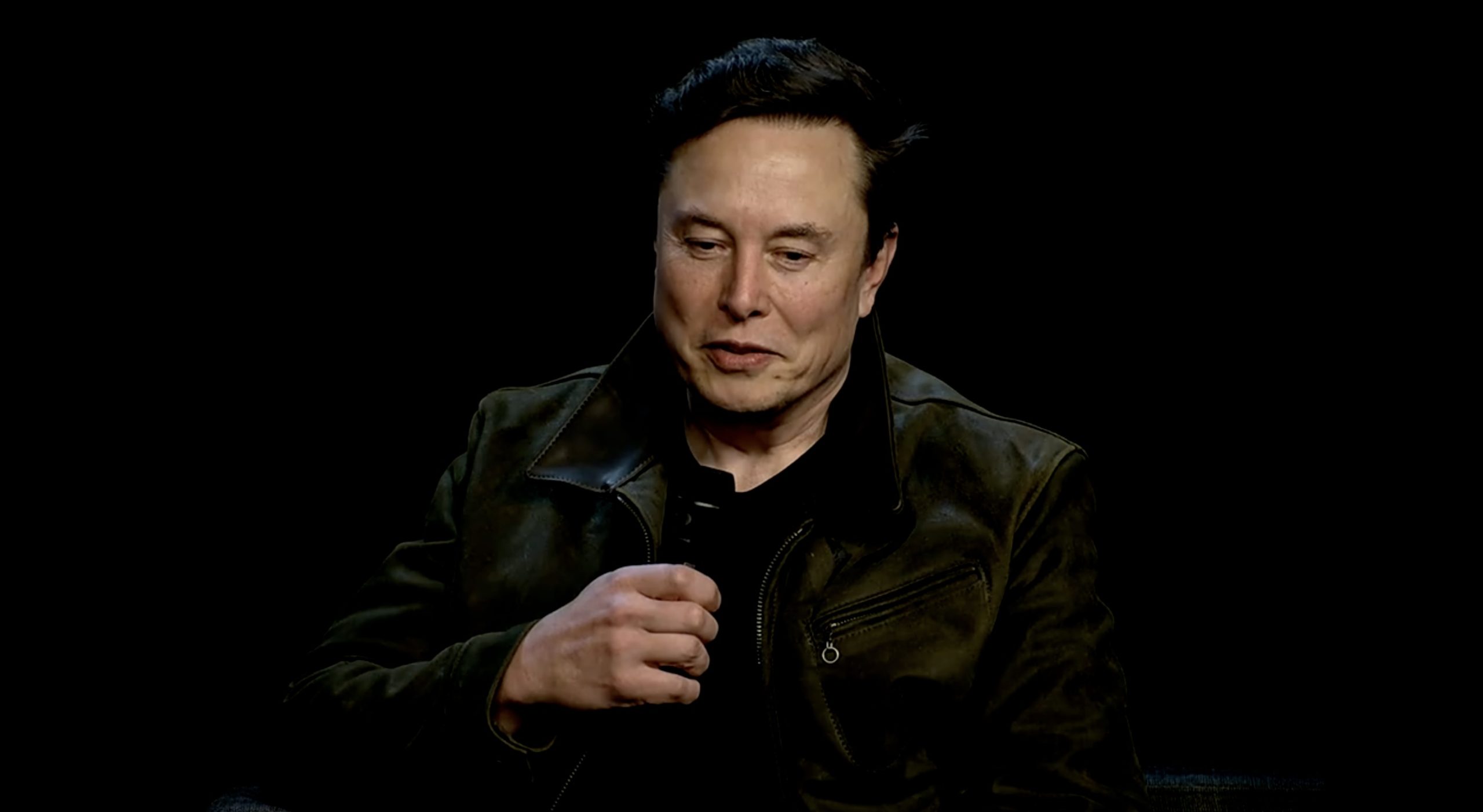
Elon Musk appeared to confirm reports that SpaceX is exploring a potential merger with artificial intelligence startup xAI by responding positively to a post about the reported transaction on X.
Musk’s comment follows reports that the rocket maker is weighing a transaction that could further consolidate his space and AI ventures.
SpaceX xAI merger
As per a recent Reuters report, SpaceX has held discussions about merging with xAI, with the proposed structure potentially involving an exchange of xAI shares for SpaceX stock. The value, structure, and timing of any deal have not been finalized, and no agreement has been signed.
Musk appeared to acknowledge the report in a brief reply on X, responding “Yeah” to a post that described SpaceX as a future “Dyson Swarm company.” The comment references a Dyson Swarm, a sci-fi megastructure concept that consists of a massive network of satellites or structures that orbit a celestial body to harness its energy.
Reuters noted that two entities were formed in Nevada on January 21 to facilitate a potential transaction for the possible SpaceX-xAI merger. The discussions remain ongoing, and a transaction is not yet guaranteed, however.
AI and space infrastructure
A potential merger with xAI would align with Musk’s stated strategy of integrating artificial intelligence development with space-based systems. Musk has previously said that space-based infrastructure could support large-scale computing by leveraging continuous solar energy, an approach he has framed as economically scalable over time.
xAI already has operational ties to Musk’s other companies. The startup develops Grok, a large language model that holds a U.S. Department of Defense contract valued at up to $200 million. AI also plays a central role in SpaceX’s Starlink and Starshield satellite programs, which rely on automation and machine learning for network management and national security applications.
Musk has previously consolidated his businesses through share-based transactions, including Tesla’s acquisition of SolarCity in 2016 and xAI’s acquisition of X last year. Bloomberg has also claimed that Musk is considering a merger between SpaceX and Tesla in the future.








